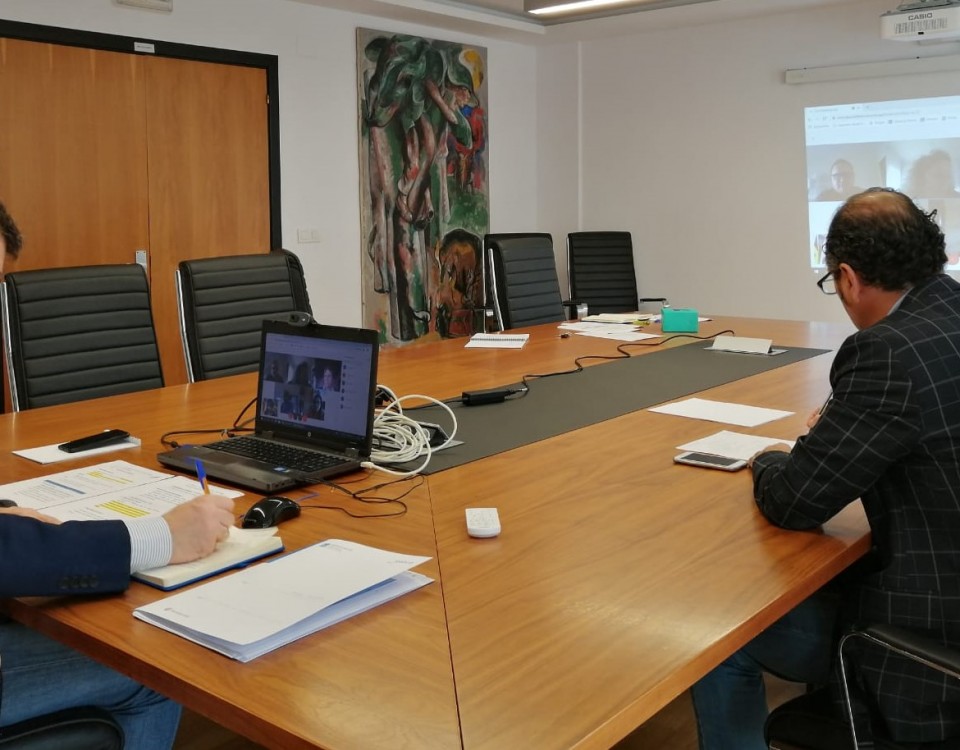- El mejor turismo de galicia
coronavirus
O presidente da Mesa do Turismo, Juan Molas, remitiu unha carta ao presidente do Goberno, Pedro Sánchez, en l aque valora que o sector turístico podería perder máis de 90.000 millóns de euros este ano e sufrir unha forte destrución do emprego, polo que se solicita ao Goberno que adopte “medidas excepcionais” para unha actividade que representa o 12,5% do PIB e o 13% do emprego nacional.O estudo elaborado pola Mesa do Turismo sobre o impacto económico da epidemia nas empresas turísticas debuxa tres escenarios posibles en función da evolución da emerxencia sanitaria:
- En primeiro lugar, no escenario menos negativo, contémplase a posibilidade de que a tempada turística puidese iniciarse en condicións normais a primeiros de xuño deste ano. Iso representaría unhas perdas globais de 25.000 millóns de euros, tendo en conta as cancelacións de varios eventos de gran importancia, tales como o MWC de Barcelona, fállalas de Valencia, Feira de Sevilla, etc., sen esquecer o fluxo de turismo afeito nestas datas e en particular, a Semana Santa.
- En segundo lugar, se a tempada non puidese iniciarse até mediados de xullo, iso representaría un período estival de pouco máis de 80 días e as perdas poderían alcanzar os 45.000 millóns de euros, xa que o fluxo de visitantes estranxeiros podería situarse por baixo do 60% do ano 2019.
- Por último, o peor dos escenarios, é dicir, que os mercados tradicionais máis importantes (británicos, alemáns, franceses, italianos, entre outros) non puidesen ou quixesen viaxar por razóns sanitarias ou simplemente económicas.
Nese caso as perdas para o conxunto do sector poderían alcanzar máis de 90.000 millóns de euros e os consecuentes peches e concursos de acredores de miles de empresas, así como a destrución dunha gran porcentaxe do emprego turístico.
Medidas excepcionais para empresas turísticas
Na súa misiva a Pedro Sánchez, o presidente da Mesa do Turismo manifesta a súa decepción por que o Goberno non mostrase unha deferencia especial cara ao turismo, sendo este un sector primordial na estabilidade social e económica do conxunto do Estado e España uno dos países máis competitivos no ámbito turístico mundial.
“Dóenos que países membros da Unión Europea estean a tomar medidas de gran nivel e alta responsabilidade que reflicten unha maior sensibilidade, comprensión e compromiso en favor da procura de solucións a curto, medio e longo prazo, con especiais medidas tanto financeiras, como fiscais e laborais, para evitar que miles de empresas véxanse abocadas a pechar definitivamente as súas actividades”, argumenta no seu escrito Juan Molas.
Como medidas excepcionais fronte a unha crise que tamén o é, a Mesa do Turismo solicita ao Goberno que de forma inmediata articúlese e facilite o importe das liñas de avais até un 100% dos créditos para as empresas.
Pola contra -arguméntase- o sector financeiro dificilmente poderá articular as liñas solicitadas.
A Mesa do Turismo tamén pide ao Executivo que se apracen os pagos de impostos de calquera ámbito -estatais, autonómicos ou municipais- así como as cotas da seguridade social dos meses comprendidos entre marzo e setembro, até a data máis conveniente e consensuada co sector privado.
En relación aos ERTES, a agrupación turística require unha maior capacidade, rapidez de xestión e posibilidade de estendelos máis aló da finalización do estado de alarma, tendo en conta a caída da demanda en xeral e os peches de empresas.




